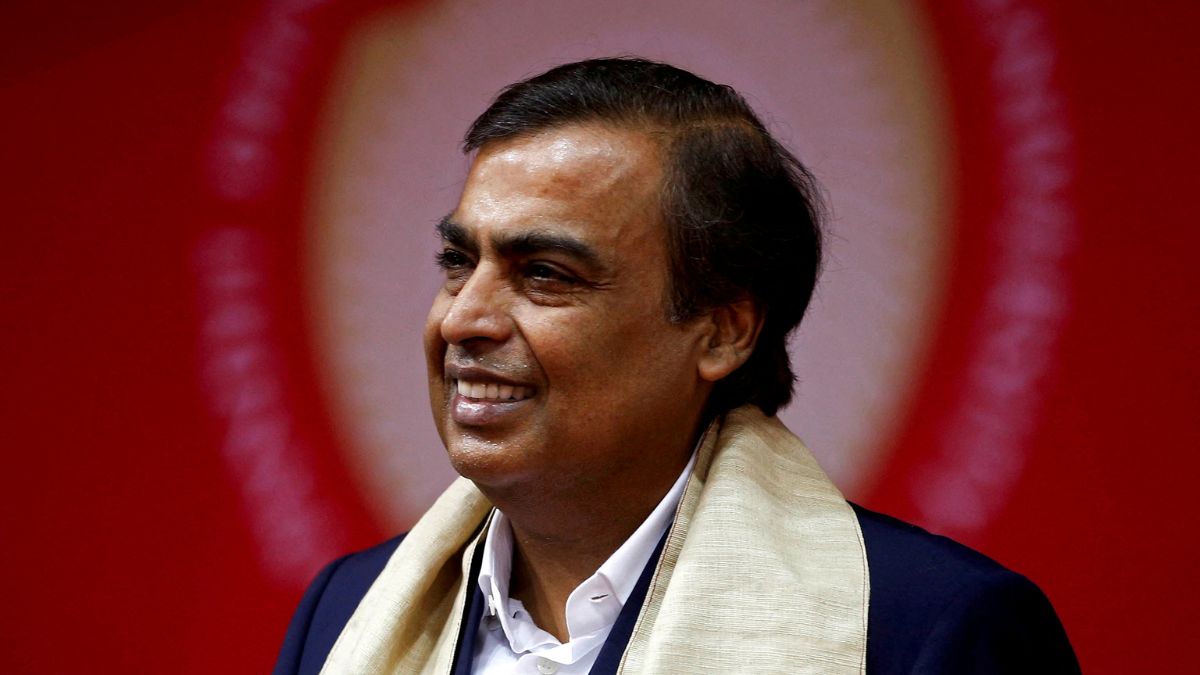India is transforming its digital landscape by integrating AI into its cybersecurity strategy aiming to navigate the complexities of modern threats while building a secure and resilient future read more
)
The AI revolution in India
In an era defined by rapid digital transformation and heightened cyber threats, the intersection of artificial intelligence (AI) and cybersecurity emerges as a critical frontier for safeguarding national interests and bolstering economic resilience. While these advancements present significant opportunities, they also pose challenges that necessitate a balanced approach. India, cognisant of these imperatives, has embarked on a multifaceted approach to fortify its cybersecurity posture, leveraging both budgetary support and innovative initiatives.
Strengthening cybersecurity with technology
Enhancing the Insolvency and Bankruptcy Code
At the forefront of these efforts is the government’s commitment to enhancing the effectiveness of the Insolvency and Bankruptcy Code (IBC) through an integrated technology platform. This platform aims to instill consistency, transparency and timely processing, thereby mitigating risks associated with financial transactions and ensuring robust protections for all stakeholders involved. By integrating AI capabilities into this platform, India not only strengthens its regulatory framework but also sets a precedent for leveraging advanced technologies in governance and compliance.
However, the integration of AI into such regulatory frameworks presents challenges. Ensuring that AI models are unbiased, transparent and consistently updated is critical to maintaining trust in these systems. There is also a need for ongoing assessment to ensure these technologies do not inadvertently introduce new vulnerabilities.
Balancing AI empowerment and cyber threats
AI is empowering businesses by enhancing efficiencies and offering innovative solutions across various sectors. However, it also empowers hackers, who are becoming increasingly sophisticated in their methods, making the need for AI in cybersecurity paramount.
The growing gap in cybersecurity readiness highlights a crucial area where AI can play a transformative role. While India has made strides in integrating AI into its cybersecurity infrastructure, there remains a significant need for continuous innovation to address emerging threats. It is essential to maintain a level playing field where AI-driven defence mechanisms keep pace with evolving cyber threats.
Promoting innovation and economic growth
Supporting startups and economic initiatives
India’s focus on nurturing startups and abolishing the angel tax across all classes of investors is designed to encourage investment and innovation in AI technologies. This initiative is expected to motivate individuals and companies to create solutions that bring AI to the masses and address real-world problems. By fostering a conducive environment for entrepreneurship, India aims to harness AI’s potential to drive economic growth and improve cybersecurity practices.
However, while these efforts are commendable, there is a need for a balanced approach that also addresses potential risks. Startups should be encouraged to prioritise ethical AI use and develop comprehensive compliance frameworks to ensure responsible innovation. The ecosystem should emphasise creating solutions that are not only innovative but also secure and ethical.
Aligning with national goals
Strategic alignment with ‘Amrit Kaal’
Finance Minister Nirmala Sitharaman’s recent announcement underscores a strategic alignment with India’s growth narrative of ‘Amrit Kaal’—a period envisioned to harness the nation’s demographic dividend and propel it towards becoming a developed nation by 2047. The allocation of Rs2 trillion towards enhancing the nation’s human capital is pivotal, particularly for the technology sector. Programmes aimed at skilling loans, educational loans, internships and fostering greater participation of women in the workforce are poised to cultivate a vibrant talent pool adept at navigating the complexities of modern cybersecurity challenges.
While these programmes hold promise, their successful implementation requires overcoming significant hurdles. Bridging the digital divide and ensuring equitable access to these opportunities remain key challenges. Additionally, there is a need for ongoing evaluation to ensure these programmes effectively address the industry’s evolving needs.
Fostering digital public infrastructure
The government’s steadfast focus on digital public infrastructure (DPI) reinforces its commitment to creating a resilient digital ecosystem. Continued fiscal support for DPI initiatives spanning agriculture, credit facilitation, e-commerce, education and healthcare underscores India’s proactive stance in leveraging technology for inclusive growth. These initiatives not only enhance accessibility to essential services but also lay the groundwork for implementing robust cybersecurity protocols across diverse sectors.
However, building a resilient DPI requires careful consideration of cybersecurity vulnerabilities that could compromise critical systems. Establishing clear cybersecurity standards and investing in ongoing risk assessments are crucial to safeguarding these systems against potential threats.
Innovation and cybersecurity
Integral to India’s cybersecurity strategy is the operationalisation of the Rs1 trillion innovation fund, a landmark initiative designed to foster indigenous innovations in sectors like Space Tech, Deep Tech and emerging technology-oriented domains. The innovation fund not only bolsters India’s technological prowess but also galvanises efforts toward developing AI-driven cybersecurity solutions tailored to combat evolving threats in cyberspace.
While this fund is a significant step forward, there are challenges associated with ensuring that these funds are allocated efficiently and reach deserving innovators. Transparency and accountability in fund distribution will be essential to maximising its impact and fostering a culture of innovation that prioritises security and sustainability.
The author is Chief Technology Officer, ThrivePass. Views expressed in the above piece are personal and solely that of the author. They do not necessarily reflect Firstpost’s views.

 1 month ago
9
1 month ago
9
)
)
)
)
)
)
)
)
)
)
)
)
)
)
)
)
)
)
)
)
)
)
)
 English (US) ·
English (US) ·